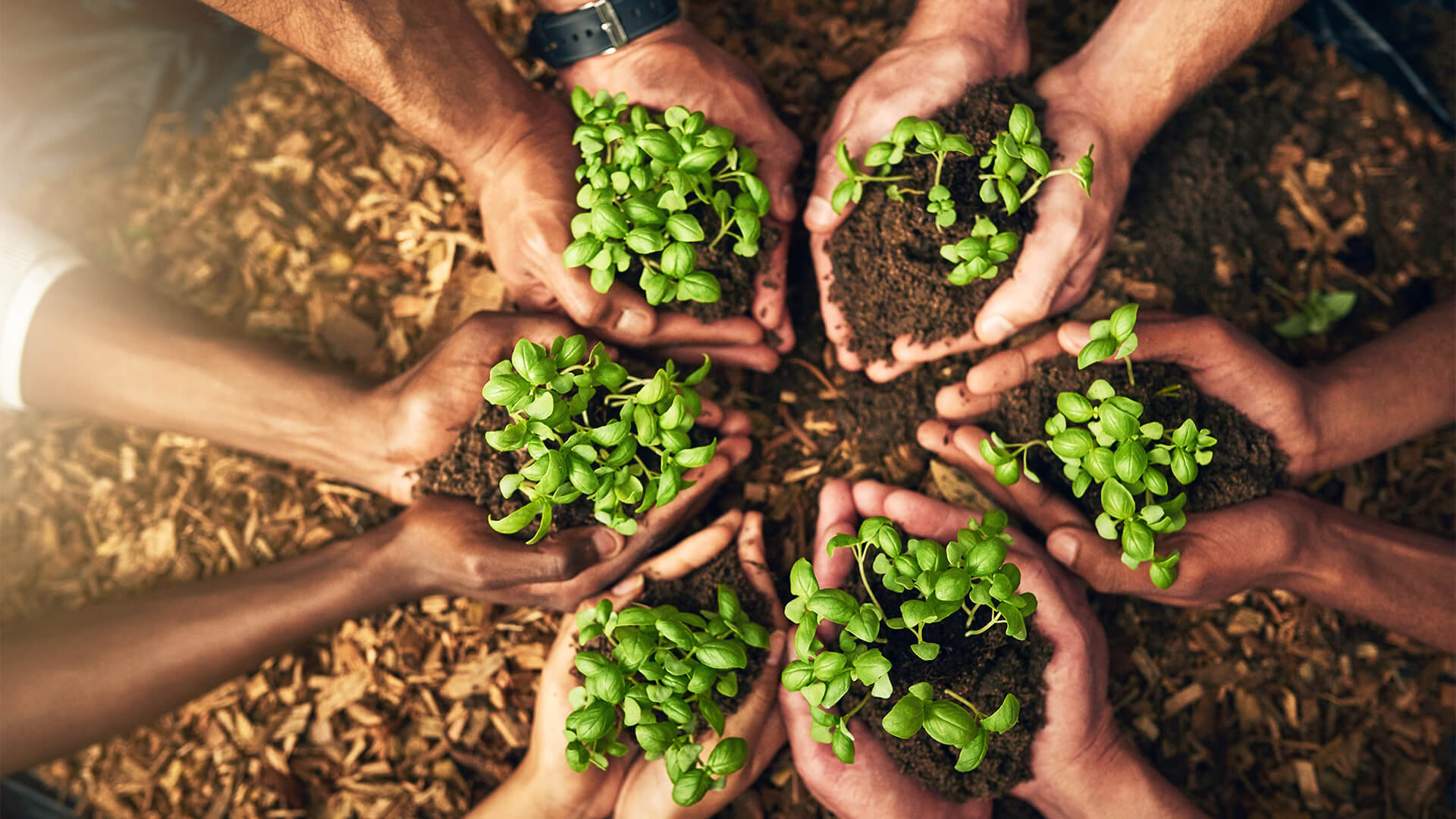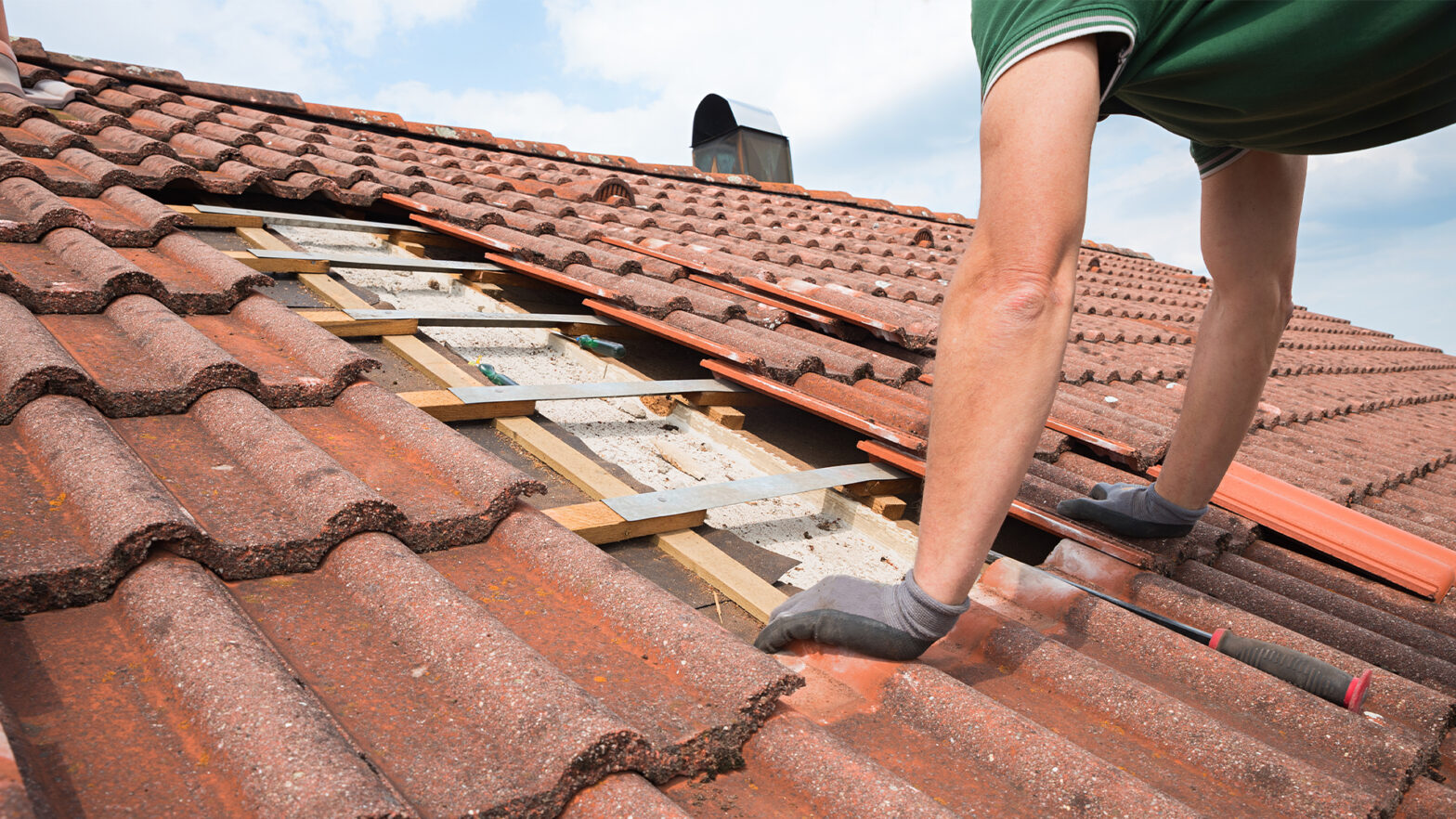Plants are good for the planet – everyone knows that! But did you know that some are better than others? If not, your garden could be making more of a positive difference to the planet. By creating and maintaining an eco-friendly garden, you could make a real difference environmentally, whilst cultivating a practical, visually stunning garden.
With the right plants in the right places, you can improve the insulation and warmth of your home, provide a healthy habitat for bees and butterflies, and reduce your carbon emissions. The garden and lawncare experts at Hayter take a look at how you can ensure your garden does as much good for the planet as possible!
Climate-friendly plants
Let’s be clear – almost all plants are climate-friendly. All plants consume carbon dioxide, meaning that plenty of houseplants can reduce your carbon emissions and improve air quality in your home. However, certain varieties of plants consume more CO2 than others, so choosing plants that consume significant amounts of CO2 can help reduce your carbon footprint.
An orchard-style garden is one of the best ways to do so, with plenty of leafy greens. If you’ve got room, trees are great storers of carbon dioxide. If not, try shrubs, hedges and ground-cover plants. Choosing perennial plants rather than annuals for your garden can help maintain the carbon within your garden’s soil, as it prevents the carbon from becoming oxidised by cultivation.
Climbing plants
Think about verticality when creating an eco-friendly garden. ‘Climbers’ are plants that naturally climb walls or fences, such as ivy, wisteria and climbing hydrangeas. Many climbers stay leafy and green all year round, making them ideal for sucking up carbon dioxide.
Full-grown climbers encourage the presence of wildlife, from bees, butterflies and other insects, to even birds, so you can help create a welcoming environment for local wildlife. Climbers create a mini ecosystem that can really bring your garden to life!
However, climbers can benefit you inside the house, too! Most varieties boast brilliant insulating properties when grown up the side of your home. Given the rising costs of energy and the cold winter forecasted for this year, climbers can help reduce the amount of time you spend with the heating on, saving you both time and money.
Bee-friendly plants
With Britain’s bee population dwindling, it’s important that avid gardeners make an active effort to encourage bees to return to their garden. There are plenty of bee-friendly plants that provide bees and other pollinators with enough nectar and pollen to thrive.
Open flowers are best, as these allow the bees easy access to nectar and pollen. According to Gardeners World, it’s worth planting flowers all year round, as bees can be seen as late as November, and as early as February.
Mahonia is a great winter plant for attracting bees – it’s fairly weather-resistant and has nectar-rich flowers to support bumblebee communities. As spring rolls around, try planting pussy willow or apple trees – these are both lucrative for bees.
Green garden maintenance
Another way to increase the eco-friendliness of your garden is by changing your maintenance processes to be more environmentally friendly. Harvesting your own compost is easier than you think, and helps cut down on kitchen and food waste. There are plenty of online guides available to help you through the process.
Rainwater harvesting is another good way to ensure that your garden is more sustainable. In order to have a truly sustainable garden, Hayter typically recommends that you don’t choose plants that require additional tap water. However, by harvesting rainwater, you can enjoy a wider choice of plants without having an impact on the planet.
You could also lower your exhaust emissions by using an electric mower instead of a petrol one. The Hayter® electric range of mowers uses a rechargeable 60V battery, which can also be used with the Toro® Flex-Force range of tools, meaning you can use the same rechargeable battery for your strimmer and hedge trimmer too.
Craig Hoare, UK Sales and Marketing Manager at Hayter, comments: “Making your garden eco-friendlier is easier than most people expect. And, amid rising energy costs and increased efforts to fight climate change, it’s more important than ever. Adopting sustainable habits like using your own compost and harvesting rainwater to cultivate climate-friendlier plants is great for the planet, and also helps make gardening more active. Why not give it a try?”

































